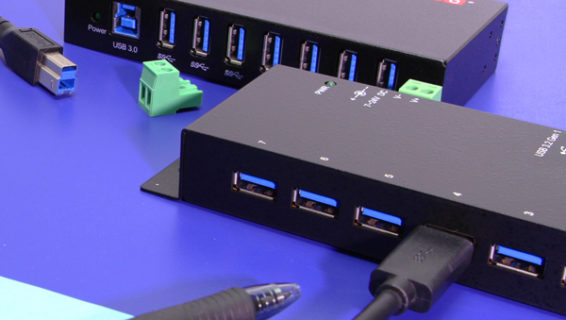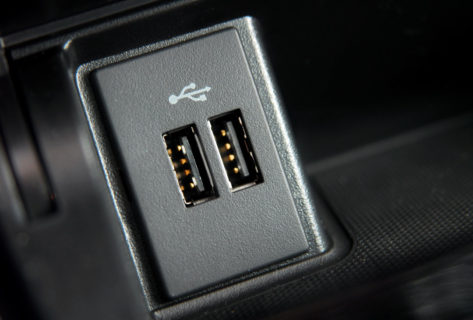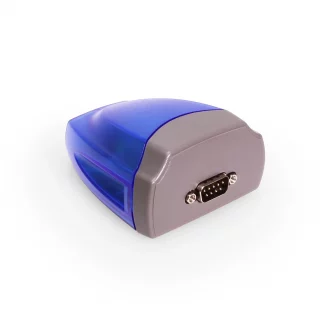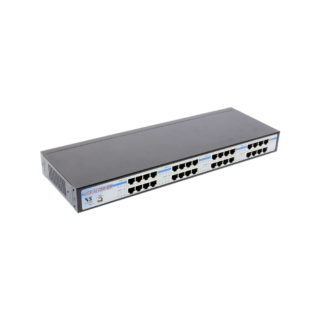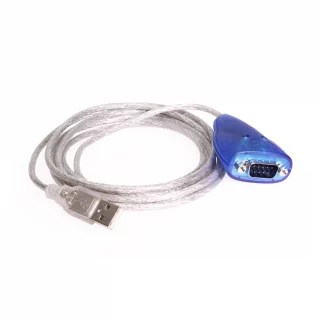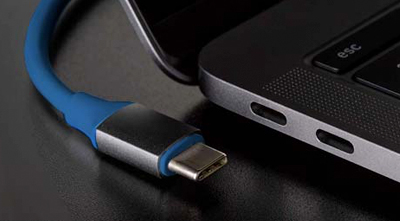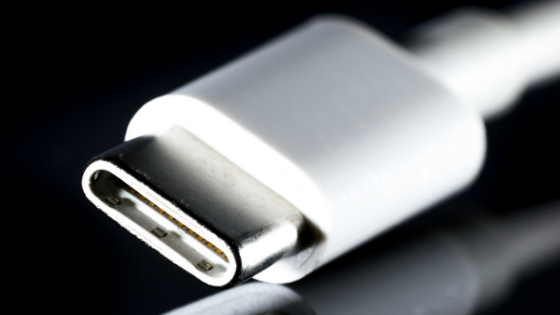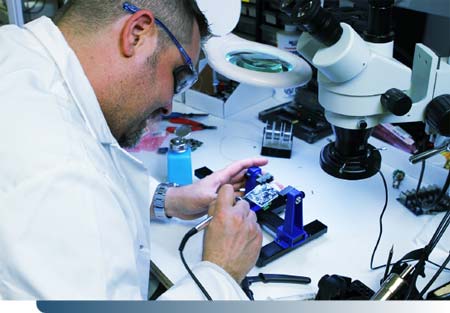USB connection is the overwhelming standard today for data transfer and power in electronics. The precursor to USB, the original RS232 standard, was defined nearly sixty years ago and the serial communications bus came to replace the less sophisticated parallel communications buses. Given its popularity and success, the RS232 standard, and its industrial cousin the RS485, have become some of the most common legacy buses still in use today and for good reason. They brought on a new era in communications. They were robust, used few connection wires, and were relatively immune to interference.
Since its introduction to the market in 1996, USB has grown to become the primary way to connect electronic devices to computers, allowing communication between the devices. But Serial RS232 and RS485 are far from a thing of the past. From printers to cameras and GPS navigation devices, as well as many similar industrial applications with meters and loggers. The tough nature of industrial-grade devices that used serial RS232/RS485 has ensured that many have lasted in a working condition far longer than many consumer-grade products, though serial RS232 and RS485 devices are relatively common across all areas.
With the plethora of RS232 and RS485 devices still in use, adapters have become necessary and common for connecting them to devices with built-in, modern USB ports. In order to connect an older device with a serial RS232 port to a contemporary computer with USB capabilities, you will need a serial USB to RS323 or USB to RS485 adapter, depending on your legacy device’s RS232/RS485 protocol.
It is a common mistake to assume that any serial RS232 or RS485 to USB adapter will be compatible with all systems and devices but this is, unfortunately, not necessarily the case. In fact, it is probably more common to stumble through buying several cheap, incompatible adapters before one does the proper research and learns that skimping on cheap adapters will often result in incompatibility and financial loss.
It’s All About the Processor Chip
A common mistake is to search online and see the vast difference in prices. Most people will wind up purchasing a USB to serial RS232 adapter for around $10 or $20. While as an adapter, that may not necessarily seem cheap to some, in the world of high quality, industrial-grade devices, an adapter that costs $15 is a gamble. Chances are when you go to connect your RS232/RS485 device to your USB-compatible computer via your new adapter, either your older device or your newer computer will not function properly with the adapter.
The number one cause of incompatibility in this area is a cheap or knock-off processor chip. High-quality processor chips are widely compatible with devices and software. Low-cost processor chips suffer from limited compatibility. This means that they were designed for extremely specific hardware and operating systems, or more likely, a specific Windows operating system. Given the immense variety of devices and the long history of Windows operating systems, with many versions to consider, you can imagine how slim the chances are of your cheap serial RS232/RS485 adapter working with your specific iteration of the software, hardware, and installed operating system components. Even installed service packs, conflicting drivers, and other peripheral devices can affect performance and compatibility.
Windows XP, 2000, and 98 will often not suffer from problems but newer versions are where problems begin to rise, which is another crucial reason to invest in the best serial adapter possible. The prevalence of Windows operating systems that will not work well with cheaper chipsets in your adapter is overwhelming in terms of prevalence. Windows VISTA and Windows 7, which are still quite common, are where many problems and incompatibilities will surface.
More current operating systems have a more complex programming language that is harder for makers of cheap and knock-off chipsets to recreate. The result is an unstable, unreliable chip, that will be largely incompatible with your operating system. This leads to problems with your driver, error messages like “unable to connect to your device”, “unable to establish a COM port”, and “DLL load failed”. You may even find your computer crashing. Needless to say, buying a cheap serial adapter without doing the research is likely lost time and money with a headache on top.
What to consider when choosing a USB to RS232/RS485 adapter?
- Determine what operating system(s) you will be using
- Find out what processor chip the adaptor is installed with
- Do your research to determine which chip manufacturers are the best and choose an adapter with a manufacturer you like
While you may be able to use a lower-cost USB to RS232/RS485 adapter if you are working with an older operating system, it is not often advised that you do so. And if you do decide you don’t need to make the investment in more expensive chipsets, it should only be if you are using a Windows OS that dates back at least as far as Windows XP, 2000, or 98, and only if you have done your research thoroughly and you don’t need the adapter to be durable and industrial-grade. Similarly, Linux can be compatible with less sophisticated chipsets in serial to USB converters.
Coolgear’s serial USB to RS232 or RS485 adapters are all installed with the famously high-quality FTDI chipsets and customized over dozens of iterations so that you can find the perfect adapter.



